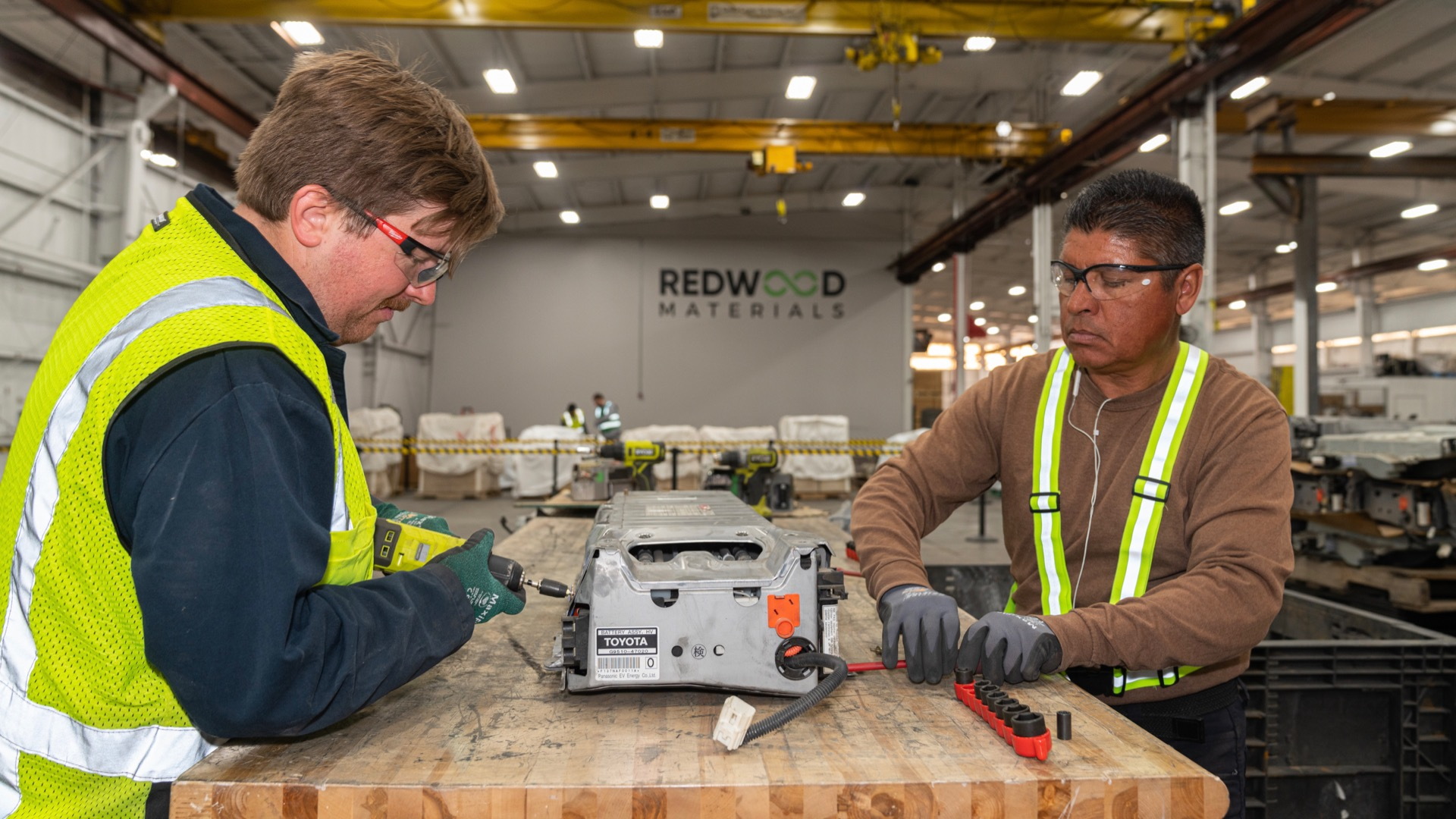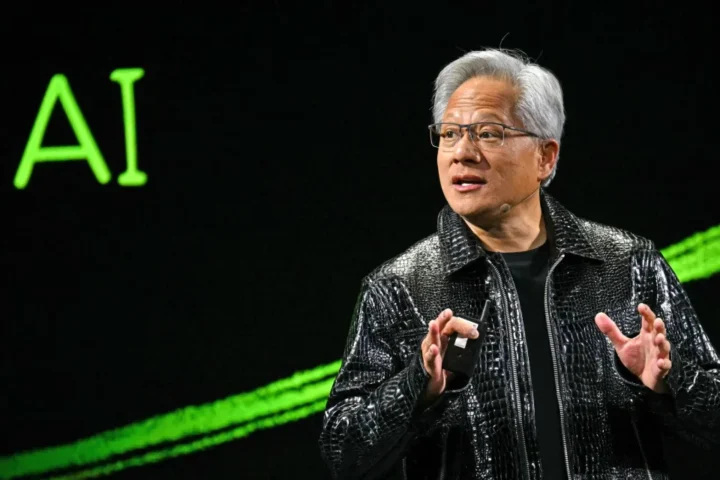In a groundbreaking move that signifies a significant shift in the automotive industry, Toyota has become the first major car manufacturer to secure battery components from Redwood Materials. This strategic partnership is poised to reshape the landscape of electric vehicle (EV) production and highlights the growing importance of sustainable and responsible sourcing in the race towards a greener future.
Redwood Materials, founded by Tesla co-founder JB Straubel, has quickly gained recognition for its commitment to recycling and repurposing materials used in batteries. This collaboration represents a milestone for both companies, as Toyota aims to bolster its electric vehicle lineup while contributing to the reduction of environmental impact in the production process.
The deal between Toyota and Redwood Materials encompasses the supply of key battery components, including cathodes, anodes, and electrolytes, critical elements in the manufacturing of lithium-ion batteries that power electric vehicles. By opting for a supplier known for its dedication to recycling battery materials, Toyota aims to not only enhance the sustainability of its EVs but also to set a precedent for responsible sourcing within the automotive industry.
The decision to partner with Redwood Materials aligns with Toyota’s overarching commitment to environmental responsibility. The Japanese automaker has been a pioneer in hybrid technology with its widely successful Prius model, and this recent collaboration marks a strategic move towards the electrification of its broader vehicle lineup.
Toyota’s move is reflective of an industry-wide trend toward greener practices and a reduced carbon footprint in automotive manufacturing. By choosing Redwood Materials as a supplier, Toyota is not only ensuring a stable supply of battery components but is also actively participating in the circular economy of battery materials.
JB Straubel, CEO and co-founder of Redwood Materials, expressed enthusiasm about the collaboration, stating, “We are thrilled to be working with Toyota to drive sustainable practices within the automotive industry. This partnership reinforces our mission to create a closed-loop supply chain for batteries, reducing the reliance on new raw materials and minimizing the environmental impact of battery production.”
Industry experts anticipate that this partnership could catalyze similar collaborations within the automotive sector, encouraging other car manufacturers to explore sustainable sourcing options for their electric vehicles. As the world collectively pursues more sustainable practices, Toyota’s move to source battery components from Redwood Materials is a clear indicator that environmental responsibility is no longer a mere buzzword but a crucial aspect of the industry’s future.
This innovative collaboration sets the stage for a new era in electric vehicle production, emphasizing the importance of responsible sourcing and recycling in the pursuit of a cleaner, more sustainable automotive industry. As Toyota leads the charge, the hope is that other major players will follow suit, collectively steering the automotive sector towards a more environmentally conscious future.








